Alcohol may help you fall asleep faster, but it leads to a worse night’s rest overall here’s why
However, it’s important to time your workouts appropriately. Exercising too close to bedtime can actually have a stimulating effect, making it harder to fall asleep. Aim to finish your workout at least two to three hours before bedtime to allow your body to wind down. Alcohol disrupts the natural sleep cycle by suppressing REM (rapid eye movement) sleep, which is essential for restorative rest.
After several months of sobriety, many individuals experience a full restoration of their natural sleep-wake cycle. The body’s circadian rhythm becomes well-established, making it easier to fall asleep and wake up at consistent times. This regularity in sleep patterns contributes significantly to overall sleep quality and daytime functioning. For individuals seeking to achieve restful sleep without the use of alcohol, natural sleep aids present a viable alternative.
Seeking Professional Help
I was drunk and messy on the inside, but still marching to a strict set of rules to keep it clean on the outside. I started to listen to a bedtime meditation in my boozed-up state when I tucked myself in each night. I credit this as the sharpest tool in https://thecinnamonhollow.com/a-guide-to-sober-house-rules-what-you-need-to-know/ my early sobriety toolkit.
Managing Stress and Anxiety
If you think your problems with sleep might go beyond alcohol, then it’s worth talking to a medical professional. As with most habits, getting over a period of trouble sleeping without alcohol is all about making some changes to your routine. As alcohol starts to leave your system, there’s a rebound effect which stimulates your brain and disrupts your sleep cycle. For many of us, a glass of wine or a couple of beers before bed feels like an excellent way to relax before sleep. While there isn’t necessarily a “best time of day to exercise,” if you are someone who does outdoor workouts, doing that in the sunlight in the first hours after you wake up can help your sleep. A 2024 Gallup poll found that 36% of women versus 48% of men say they get the sleep they need.
Research has consistently demonstrated that excessive alcohol intake is correlated with poor sleep quality and can lead to or exacerbate a variety of sleep disorders. Studies show that alcohol affects the homeostatic drive that regulates sleep, disrupting the onset and maintenance of sleep and leading to issues such as insomnia. Here are some tips that will make it easier for you to fall asleep without drinking. If you’re trying to quit drinking alcohol, don’t substitute it with another substance such as cigarettes or drugs. This will only make it harder to break the cycle of addiction. While it may take longer for sleep and circadian rhythms to return to normal in people who drink more often in higher amounts, quitting alcohol can help.
- A person might think that having a drink before bed may help them sleep because alcohol helps them relax.
- Continue to drink water throughout the flight to stay hydrated.
- Remember, consistency is key in retraining your body and mind to fall asleep naturally and without relying on alcohol.
- I changed my loud inner critic to a voice of self-compassion.
- While medicine can help with sleep problems short-term, much like alcohol, it has various long-term side-effects.
Alcohol is often used as a sleep aid – with some people crediting a “nightcap” with helping them fall asleep more easily. Physical activity promotes better sleep by helping to regulate mood and decompress the mind. However, exercising right before bed can be stimulating. It’s best to complete any vigorous activity at least three hours before bedtime. Caffeine and nicotine are stimulants that can interfere with your ability to fall asleep.
Turns out that alcohol is really, really bad for your sleep and if you regularly get poor sleep it will have an overall effect on your well being in general. While alcohol may help you fall asleep quicker, it gives you very poor quality sleep because we spend less time in the deep stages of sleep. A never-ending row of alarms on your phone is the new snooze button. ‘Setting five alarms might feel like you’re protecting yourself from oversleeping, but it’s actually making things worse’, says Shelby Harris, PsyD, director of sleep health at Sleepopolis. ‘Hitting snooze interrupts your final stages of sleep and leaves you feeling groggier’. One thing you can do here is set one alarm – and get up with it.
- Consulting a sleep specialist can be beneficial if you are struggling with alcohol dependency for sleep.
- Learn how to get control of your drinking with our FREE webinar on quitting drinking.
- Truly transformational coaching that will lift your spirits and leave you feeling inspired and excited instead of scared and alone.
- CBT-I has proven effective in treating chronic insomnia, teaching individuals to revise beliefs about sleep that aren’t helpful.
- The blue light emitted by phones, tablets, and computers can suppress the production of melatonin, the hormone that regulates sleep-wake cycles.
Sleep hygiene is helpful – but not an insomnia treatment
This is primarily due to alcohol withdrawal symptoms, which can include anxiety, restlessness, and night sweats. Sweating in sleep after drinking is a common issue that may persist or even intensify during the initial days of sobriety. The interplay between alcohol consumption and sleep disorders is a critical area of concern for both individuals and healthcare professionals.
Understanding Sleep Hygiene
Over time, your body will adjust, making it easier to rise. Try a sunrise alarm clock (which mimics the sunrise) or soothing music, per Harris. Early recovery can be a difficult time, because trying to get and stay clean can be very challenging.
The timing and amount of melatonin that’s released and a decrease in core body temperature are important for sleep. Uplift Recovery Center provides you with recovery in a loving, professional environment. Increased insomnia takes a toll on someone in recovery. Without proper treatment, returning to alcohol use may seem to be the only solution. Taking any other substances that have a sedative effect should be avoided unless a doctor prescribes them. Doing so without medical supervision can trigger a new addiction to another substance.
Andy explains how a straightforward, 7-stage process enabled him to change a lifelong addiction to alcohol. While alcohol does initially make you feel sleepy, it significantly impacts the quality of your sleep, and not in a good way. Better sleep will not only leave you feeling more refreshed, it will also benefit your overall health and wellbeing. A light meal or snack will provide sustained energy without making you feel sluggish or bloated.
Sleep disruptions of any kind can make you feel more tired the following day. Disturbed REM sleep can also lead to impairments in the consolidation of memories, cognitive function and how you regulate your emotions. This is significant, as REM sleep – sometimes called “dreaming sleep” – is thought to be important for memory and regulating emotions. Eating large or heavy meals close to bedtime can cause discomfort and indigestion, which can keep you up. If you need a snack, opt for something light and avoid rich, fatty foods. Our state-specific resource guides offer a comprehensive overview of drug and alcohol addiction treatment options available in your area.
Finally, due to its diuretic effect, drinking alcohol before bed may mean more bathroom visits during the night – further disrupting sleep. These disruptions to REM sleep are even seen after drinking low doses of alcohol (around two standard drinks) within three hours of bedtime. For some, natural sleep aids such as melatonin supplements, valerian root, or chamomile tea can be helpful. These should be used responsibly and ideally, under the guidance of a healthcare provider.
Next, I tucked in and I read my quit lit until my eyelids got heavy and I was ready to turn off the light. I reminded myself that I love myself and that I am done hurting myself. I continued to learn about my general dis-ease by researching alcohol and women. I became my own expert on what I needed and A Guide To Sober House Rules: What You Need To Know how to heal myself from the inside out. I realized that alcohol doesn’t solve anything, and slowly but surely I started to feel better without it.
While business class may be out of reach for some, premium economy offers a practical way to get better rest without breaking the bank. In time, you will wake up feeling refreshed and with plenty of energy for your day ahead. Sleep is very important to your wellbeing and a lack of sleep will affect your concentration, mood and physical strength. A lack of sleep can leave you feeling tired and very irritable. Meditating before you go to sleep is a really special way to get into the mood for some delicious slumber.


Leave a Reply
Want to join the discussion?Feel free to contribute!